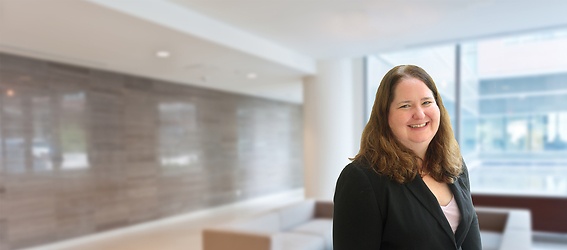Welcome to the Tech & Telecom Weekly, an e-newsletter keeping you apprised of the latest developments in the telecommunications and high-tech industries.
FCC Policy
The FCC is seeking comment on its proposal to implement the “voluntarily share” clause of the Telephone Robocall Abuse Criminal Enforcement and Deterrence (TRACED) Act by establishing an online web portal for submitting anonymous tips on alleged robocalls. Pursuant to statutory language, only “private entities”, which the FCC tentatively defines as non-governmental entities, may use the portal. The Enforcement Bureau would monitor the portal, but the existing complaint process managed by the Consumer and Governmental Affairs Bureau will remain in place. Comments and Reply Comments are due 30 and 45 days after Federal Register publication, respectively. For more information, please contact Stephanie Joyce.
In the Courts
On December 8, 2020, the U.S. Supreme Court held oral argument in Facebook v. Duguid on the definition of “automatic telephone dialing system” in the Telephone Consumer Protection Act. The decision, expected in spring 2021, will have a significant impact on the enormous amount of class action litigation regarding unsolicited robocalls to mobile devices. The Court appears to be quite aware of the significant questions regarding the precise language in the statute (adopted in 1991 well before today’s smart phones appeared) and the public antipathy toward robocalls. For more information, please contact William Baker.
Legislative Affairs
On December 9, 2020, the House passed H. Res. 549 “reaffirming the commitment of the House of Representatives to media diversity.” By this resolution, the House “pledges to work with media entities and diverse stakeholders to develop common ground solutions to eliminate barriers to media diversity.” For more information, please contact Stephanie Joyce.
The Senate Intellectual Property Subcommittee will hold a hearing titled “The Role of Private Agreements and Existing Technology in Curbing Online Piracy” on December 15, 2020, at 2:30pm ET. The hearing will be live-streamed here. For more information, please contact Stephanie Joyce.
Compliance Alerts
Providers that file FCC Form 499-Q must submit any revisions to the November 2020 filing to USAC by December 17, 2020. For more information, click here or contact Katherine Barker Marshall.
The FCC’s Hospital Robocall Protection Group (HRPG) is holding a public meeting, as required by the TRACED ACT, on December 14, 2020, at 10:00am ET via videoconference. A number of working groups will present several recommendations: how voice service providers can better mitigate unlawful robocalls to hospitals; how hospitals can better protect themselves from unlawful robocalls; and how the state and federal government can help to combat these calls to hospitals. HRPG then will vote on whether to adopt any of the recommendations. For more information, click here or contact Katherine Barker Marshall.
Rural Broadband
The FCC has released the Closing Notice announcing RDOF Phase I/Auction 904 winning bidders. Of the 386 qualified bidders, 180 won $9.23 Billion in support, doled out over 10 years, to bring broadband to 5.3 Million rural locations. Charter Communications was allotted the greatest support, $1.22 Billion, and SpaceX won $885 Million. The FCC noted that more than 85% of the areas covered by Phase I will be served by gigabit-speed, fiber-based broadband. A Phase II of the auction will occur in which another $6.8 Billion will be awarded. Winners must comply with a series of compliance procedures, including so-called “long form” applications (FCC Form 683) due January 29, 2021. For more information, please contact Doug Bonner.
Note: This publication is distributed with the understanding that the author, publisher and distributor of this publication and/or any linked publication are not rendering legal, accounting, or other professional advice or opinions on specific facts or matters and, accordingly, assume no liability whatsoever in connection with its use. Pursuant to applicable rules of professional conduct, portions of this publication may constitute Attorney Advertising.



